Raja Ram Mohan Roy: The Visionary Who Lit the Flame of Reform in Bharat
Raja Ram Mohan Roy worked to end sati, uplift women and promote education, becoming a guiding light for social reform in Bharat.
Total Views |
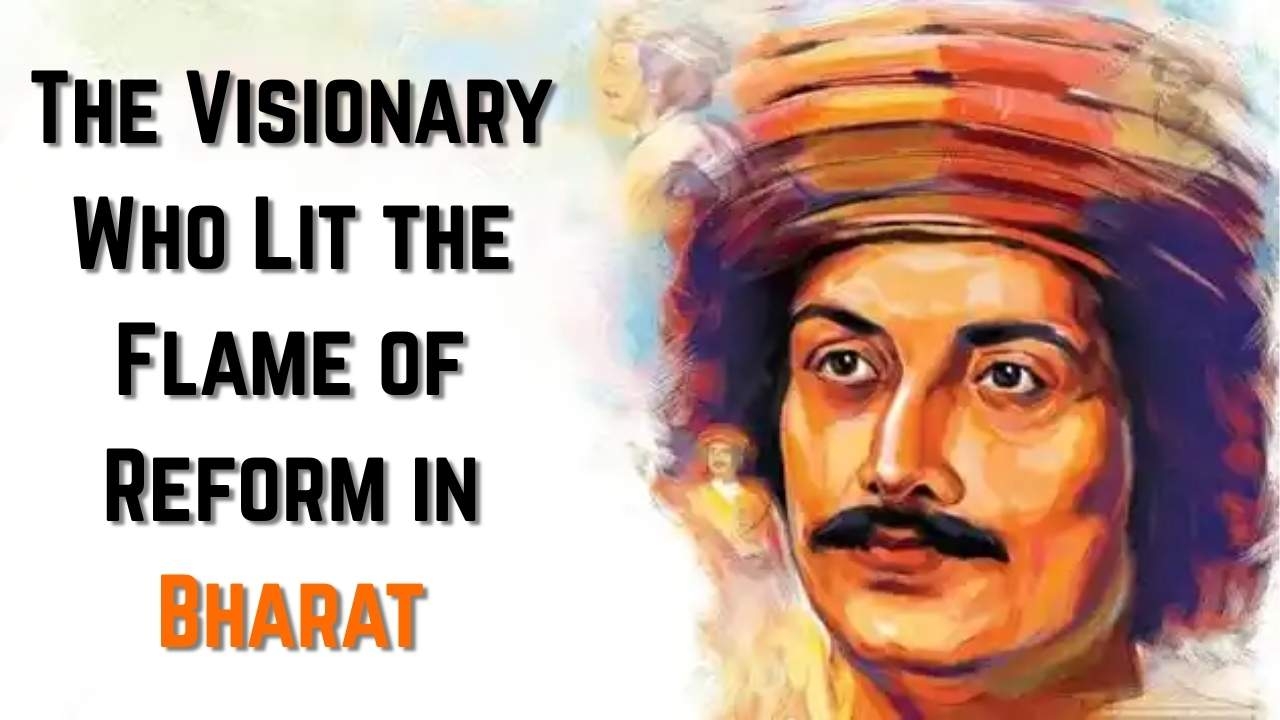
Few names in Bharatiya history shine as brightly as that of Raja Ram Mohan Roy. Born on 22 May 1772 in Radhanagar, Bengal, Roy grew into a reformer whose ideas continue to guide Bharat’s social conscience.
The range of his work was remarkable: he fought for women’s rights, worked to end harmful customs, promoted modern education, defended press freedom and dreamed of an Bharat where reason walked hand in hand with faith.
His life offers a story of courage, compassion and clear thinking that remains fresh even two centuries later.
Fighting the practice of sati
Roy’s most celebrated victory came in his battle against sati, the ritual that forced widows to burn on their husband’s funeral pyre.
After witnessing the horror of this practice in his family circle, he began gathering eye-witness accounts, religious texts and legal arguments to show that sati had no real sanction in Hindu scriptures.
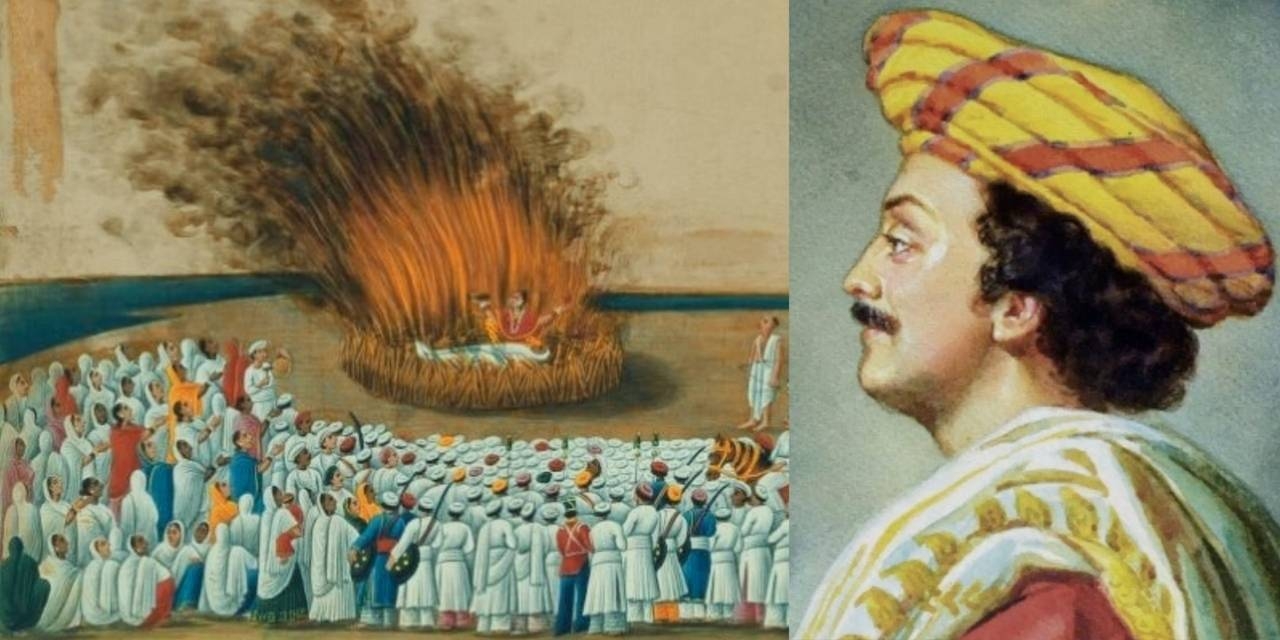
He wrote pamphlets, met officials and pleaded with the East India Company to outlaw the custom. His relentless work bore fruit in 1829 when Governor-General Lord William Bentinck banned sati in Bengal.
The decision soon spread across British India, saving countless women from a tragic fate.
Champion of women’s rights
Ending sati was only one part of Roy’s wider aim to uplift women. He spoke for widow remarriage, condemned child marriage and stressed the need for girls’ education.
In essays and public meetings he argued that a society cannot progress if half its members live in darkness.
His thoughts shaped later reformers like Ishwar Chandra Vidyasagar and helped sow the seeds for the women’s movement in Bharat.
Founding the Brahmo Sabha
Roy’s spiritual quest led him to study many faiths. He read the Vedas, Upanishads, Quran, Bible and works of Greek philosophers.
This broad vision convinced him that all religions share a core of ethical truth.
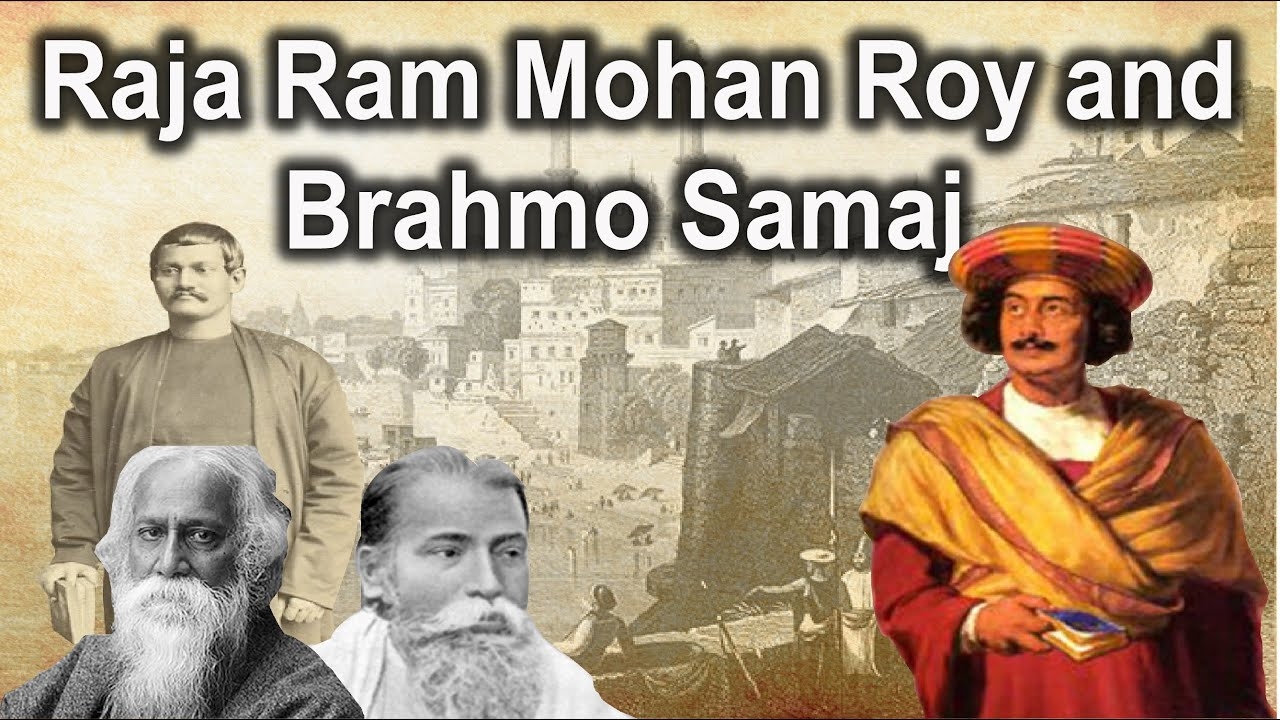
In 1828 he set up the Brahmo Sabha, later called the Brahmo Samaj, to worship a single formless God and to reject caste and idol worship.
The Sabha became a meeting ground for progressive Bharatiyas who wished to blend faith with reason and morality with modern life.
Pioneer of modern education
Understanding the power of learning, Roy backed an education system that blended Bharatiya wisdom with Western science.
He helped Henry Derozio establish the Academic Association at Hindu College and supported David Hare in founding the Calcutta School Book Society.
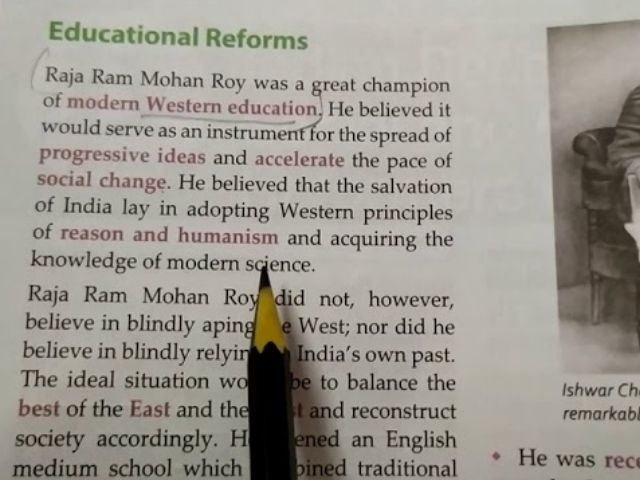
He also set up the Anglo-Hindu School in 1822 and the Vedanta College in 1826, where students studied both Sanskrit texts and European philosophy.
His stand paved the way for Lord Macaulay’s Minute of 1835 that promoted English education in Bharat, opening new doors for jobs and ideas.
Voice of a free press
Long before freedom of speech became a rallying cry, Roy defended the right to publish without fear.
In 1829 he started the weekly ‘Bengal Hurkaru’ and later took charge of ‘Sambad Kaumudi’, the first Bengali newspaper edited by Bharatiyas.
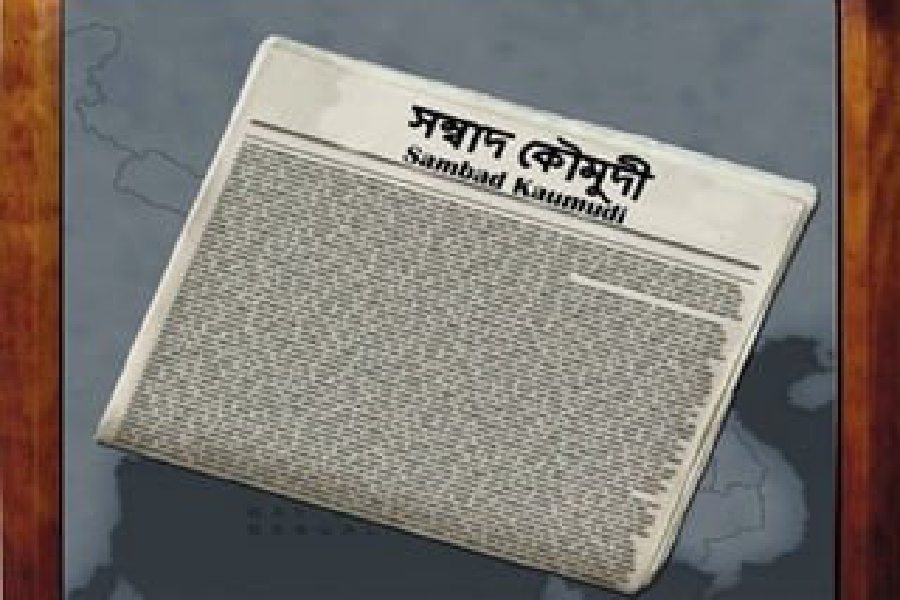
When the British government tried to tighten press laws, Roy sent memorials to the king in London and pointed out that censorship hurt both rulers and subjects.
His efforts helped slow the clampdown and inspired a generation of Bharatiya journalists.
Advocate for equal laws
Roy knew that real change needed fair laws. He asked the British rulers to grant Bharatiyas the same legal rights as Europeans, argued for trial by jury and called for Bharatiya representation in legislative councils.
His petitions did not always succeed in his lifetime but they laid the groundwork for later constitutional reforms.
Legacy that lives on
Raja Ram Mohan Roy passed away in Bristol on 27 September 1833 while visiting England. Yet his legacy grew stronger with time.
The ban on sati holds, the Brahmo Samaj still functions, schools he inspired continue to teach and the press he championed remains a pillar of democracy.
Statues, roads and institutions bear his name, but his finest memorial is the spirit of inquiry and humanity that modern Bharat prizes.
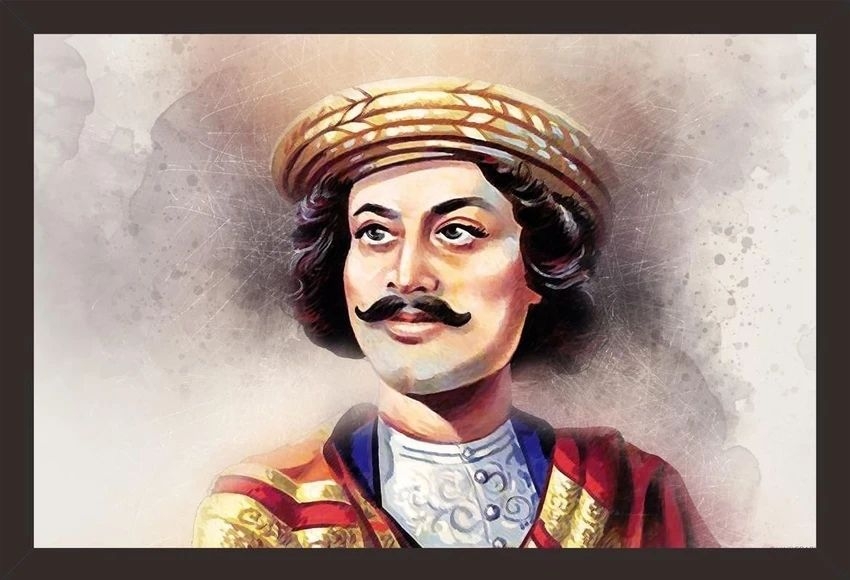
In every field he touched, Roy blended deep respect for Bharat’s traditions with a clear vision of a just future.
He saw superstition as an enemy and reason as a friend. He loved his country yet urged it to learn from the wider world.
Most of all, he believed that true religion and true progress walk on the same path of compassion and truth.
For these reasons Raja Ram Mohan Roy will always be remembered as a beacon who lit the way for a new Bharat, a Bharat where social reform is not a slogan but a shared duty.
Article by
Shomen Chandra
Tilda, Chhattisgarh

